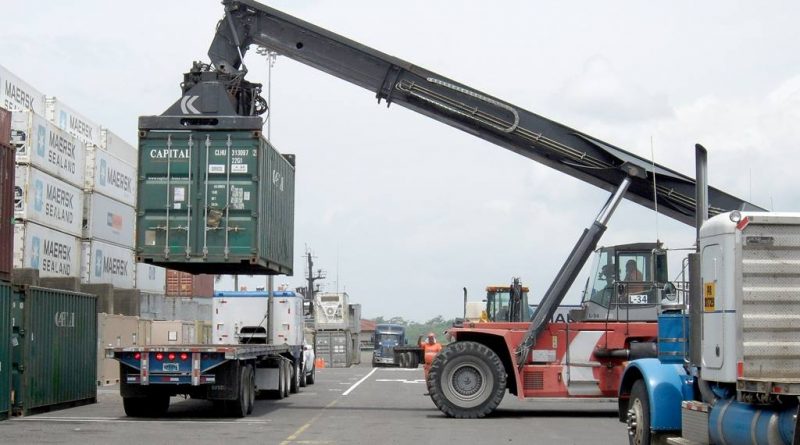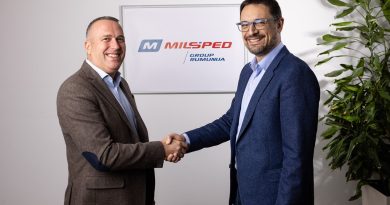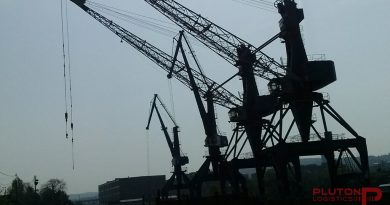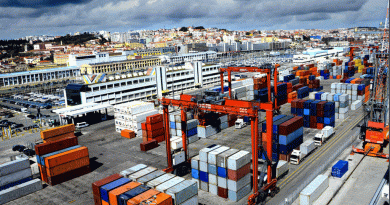Recession hits Combined Transport in Europe
Combined Transport in Europe shrunk by 13,96% in the first quarter of 2023 compared to the same period a year earlier. The decline was barely shy of the 14,67% decline suffered during the second quarter of 2020 during the worst of the COVID lockdowns. Following a 6,46% contraction in the last quarter of 2022, a second consecutive negative quarter means that Combined Transport is in a temporary recession.
The UIRR Sentiment Index reflecting business sentiment for the coming 12 months remains “negative”. Combined Transport is caught in a “perfect storm” caused by severe rail freight punctuality issues, a train path capacity shortage, persistently high traction electricity prices, a series of impactful strikes in France and in Germany, weakening demand due to a markedly slowing economy coupled by extensive free capacities of long-distance road hauliers supported by a reduced price of fossil fuels.
UIRR proposed several solutions – all feasible under the current regulatory framework – that could ease the problems. Several were tabled during the launch meeting of the Single European Railway Area Forum (SERAF), a new and hopefully highly productive interactive channel of the European railway sector facilitated by the European Commission.
Additionally,the intermodal sector continues to strongly advocate for Member States to make use of the Commission electricity power toolbox, which enables immediate intervention, while considering the deeper questions of how to complete the restructuring of the continent’s electricity market.
The European legislator can signal its support through the progressive adjustment of the regulatory framework on fossil fuel excise duties, the revision of the TEN-T Regulation and the rapid adoption of the implementing regulations of the Electronic Freight Transport Information Regulation.
The European Commission can express its preference through the Greening Freight Package scheduled to be released on 11 July this year.
The Combined Transport support measures adopted in several Member States during the last months should also take gradually effect.
Member State governments are strongly encouraged to take note of the quick-fix solutions proposed by UIRR under the new SERAF framework.
Even in times of difficulty, the intermodal sector does not stop investing and developing its competitiveness – focusing on those factors that fall under its control. Sector investments into advanced digital solutions, new terminal capacities and rolling stock continue to come at a high pace.
New connections are unveiled regularly, which reflects the confidence of the sector in the solution that it offers for highly energy efficient, very low-carbon footprint and low-externality longer distance inland freight transportservices.
Source: uirr.com





